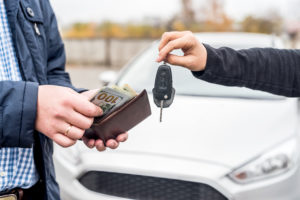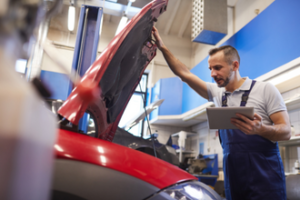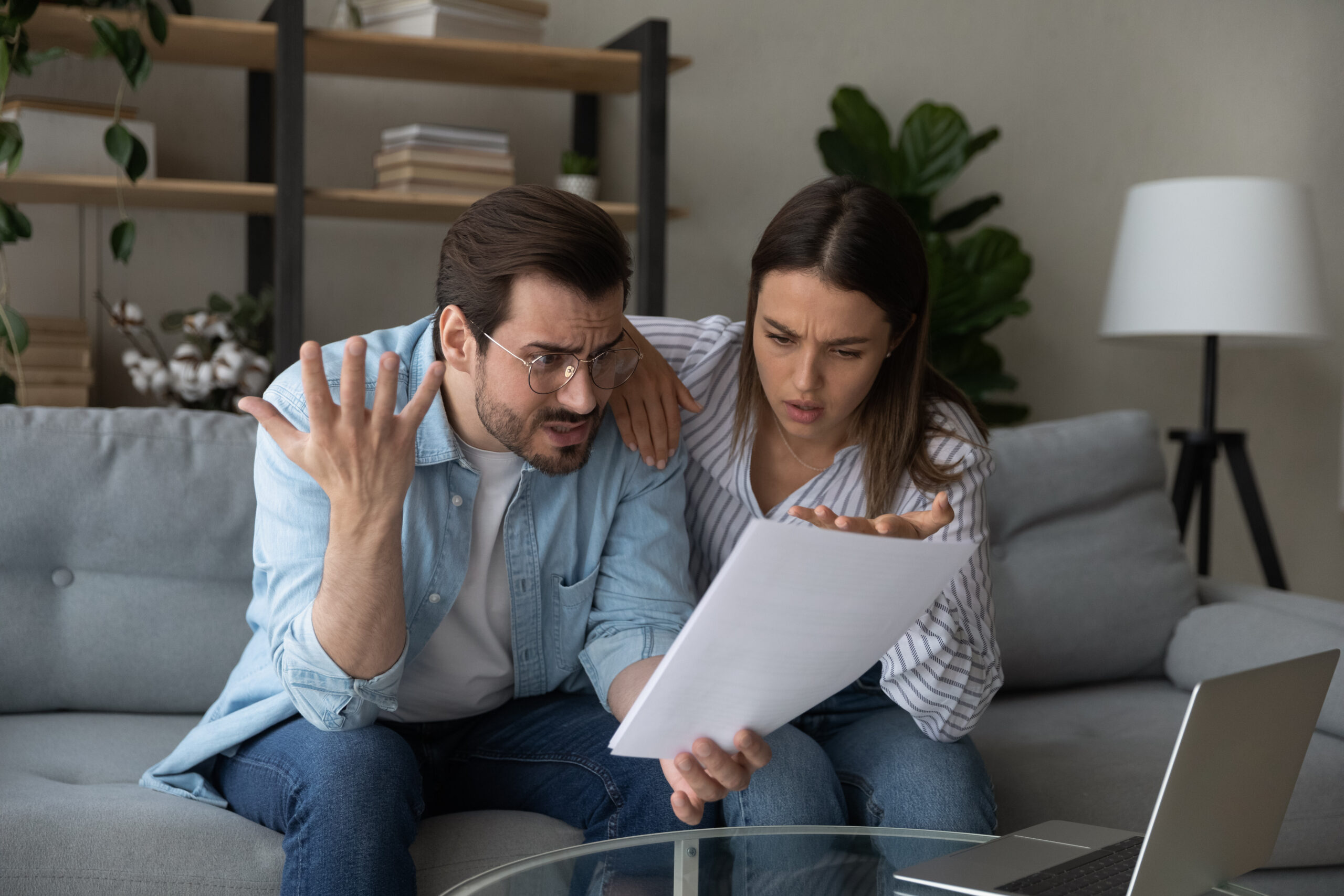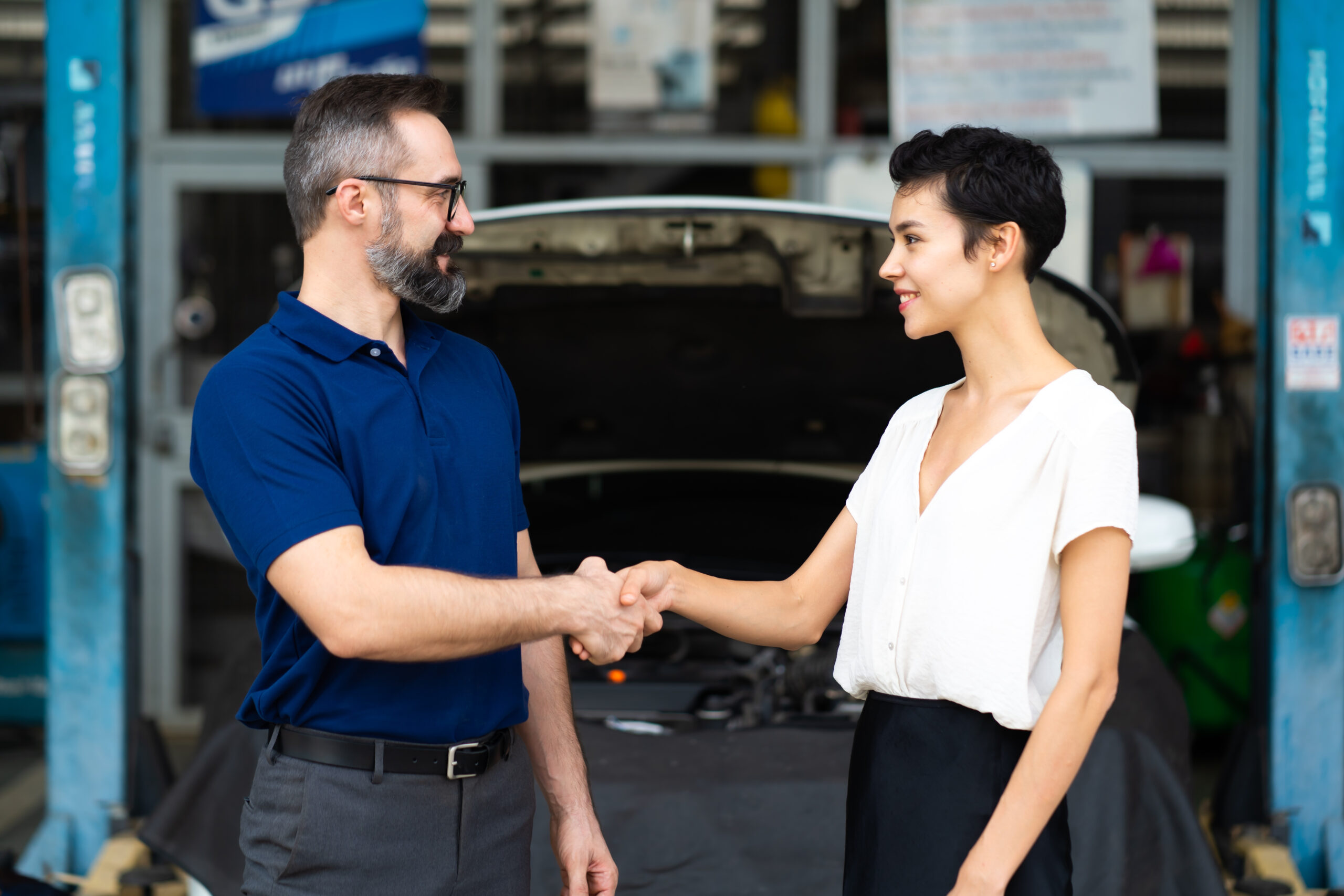
Second best: Are used cars still worth your money?
If you’ve been casting your eye around for a new car recently, you’ll know that they aren’t that easy to come by, particularly if you’re fussy about the colour or model.
With the pandemic creating all kinds of delays in delivery, you could be waiting for many months before that shiny new vehicle is in your garage.
That’s assuming you can afford one. A new car is a big investment and one that may not be feasible for many people right now. The average price of small cars is $26,150, while new sedans cost an average of $44,557 and SUVs $43,545.
However, used car prices are not easy on the pocket these days, either, with Covid adding to the upward pressure.
"The Moody’s Price Index of used-car wholesale prices compiled with Datium Insights climbed to a record-high points rating in December 2021, up 18 percent from December 2020 and 56 percent from early 2020," according to CarExpert.
While it’s difficult to find accurate information about the number of secondhand cars on the road, recent data from the Australian Bureau of Statistics put the average age of a car in Australia at 10.1 years, unchanged from 2015.
So, are used cars still a good option? Is second best, well, second best?
Do your research
It’s important to know what you want before you start shopping. Think not just about the type of car you’d prefer, But the price you’re prepared to pay. As well as the car’s fuel efficiency and safety.
Price
Have a budget in mind and do your research to find the best deal possible. On average, you can expect to save 20 to 30 percent on the purchase price of a used car compared with a new one.

Of course, the actual amount you save will depend on a number of factors. Such as the make and model of the car, its age and condition, and its popularity. During the pandemic, the prices of second-hand cars have surged as the supply of new cars has dried up.
For example, an early 2011 Ford Ranger is now $24,000, up 40 percent from 2020’s $18,000; a $10,000 2011 Mazda3 now costs about $12,000; and $80,000 dual-cab 79 series GXL Land Cruisers are now being sold for more than $100,000.
So, if you're thinking of buying a used car any time soon, you can expect to shell out more.
Fuel efficiency
Are new cars more cost-effective in terms of fuel? It really depends on the car you buy and how you drive it.
Generally speaking, newer cars tend to be more fuel-efficient than older models. However, there are many factors that can affect fuel economy. These are the weight of the car, the size of the engine, and the way you drive.
Compare the fuel economy of different makes and models before making a decision.
Car safety
Second-hand cars often don't come with the same level of safety features as newer models. For example, they may not have airbags or electronic stability control systems.
But well-built cars from reputable brands are generally safe, regardless of age. So, it's best to stick to well-known brands that have a good reputation for safety.
Always compare the safety ratings of different makes and models. Once you settle on the safest option, you should still get it thoroughly checked.
Check the history
Get the car’s history report and check for any major accidents or repairs that may have been done. You should also check for any outstanding loans or ownership disputes.
Use the Personal Property Securities Register (PPSR), a national register of security interests in personal property, to check this, as well as whether there are any other encumbrances, such as if it has been reported stolen or written off by an insurance company.
When a vehicle has been so severely damaged that it is no longer safe or cost-effective to repair, it is termed "written off”. Statutory write-off and repairable write-off are the two types of written-off vehicles.
Statutory write-offs are unrepairable and can only be used as spare components. If it is unsafe to fix a vehicle due to structural damage (as an example, a bent chassis), it is usually considered a statutory write-off. This might be because the car has been in a major accident, or it may have been damaged by fire, flood, or hail.
You won't be able to get a statutory write-off repaired or registered for the road.
A repairable write-off is a vehicle that has sustained damage but can be repaired and returned to the road. In this instance, you would need to take the car to an authorised repairer to be assessed and repaired. But before buying a repairable write-off, make sure it's legal in your state, as it can vary. Check with your local road transportation authority to see if they treat these vehicles the same way.
And don’t rely solely on the PPSR for important information about a car you’re keen on — things you can’t search for include any loans or debts associated with the vehicle or ownership disputes.
It's important to remember that the PPSR is only a guide, and it's always best to get a second opinion from a car mechanic before making a purchase.
Check for recalls on the model
It's also a good idea to check if the car you're interested in has any recalls on it. You can do this by visiting the government's vehicle recalls website.

The website will tell you if there are any safety defects or issues with the car that need to be fixed. It will also tell you how to get the car fixed, if necessary.
Also, be aware of the years when recalls were at an all-time high. This can help you dodge a bad deal without wasting too much time.
Look for insurance and warranties
Make sure you check with your insurance company to see if they offer reduced rates for second-hand cars. Also, make sure you know how car insurance works.
As for the warranties, here are important things you should know:
Not all warranties are transferable
Unless otherwise stated in the manufacturer's warranty, the remaining warranty term transfers to the new owner when you sell your car while it is still covered by the manufacturer's warranty.
But if the vehicle is under the extended or statutory warranty, the warranty usually does not transfer when the car is sold. The warranty is for the original purchaser of the vehicle only. This means that if something goes wrong with the car, you'll have to pay for the repairs yourself.
However, some second-hand cars may come with a voluntary warranty from the seller. Ask about the warranty before making a purchase. If there is no warranty offered, you may want to consider getting your own extended warranty (if it’s from an authorised dealer) or insurance policy (if buying from a private seller) to cover any potential repairs.
Is an extended warranty worth it?
An extended warranty is a warranty that covers the cost of repairs for a longer period of time than the manufacturer's warranty. The cost can vary between hundreds and thousands of dollars, depending on the type of car and length of the warranty, but it can be a good investment if you're worried about expensive repairs.
However, not all extended warranties are worth the money. Some second-hand car dealers will try to sell you an overpriced extended warranty that doesn't offer much cover. Do your research and compare extended warranty options before making a purchase.
Some extended warranties only cover specific parts of the car, while others cover the entire vehicle. Read the terms and conditions of the warranty before signing up.
If you're not sure whether or not an extended warranty is worth it, ask a trusted car mechanic, or your local motoring association, for advice. They'll be able to tell you whether or not the warranty is a good investment and how likely it is that you'll need to use it.
Statutory warranties can help but not for long
In Australia, the mandatory warranties — called statutory warranties — on used cars vary depending on where you live.
Victoria, NSW, NT and ACT
In Victoria, NSW, NT and ACT, all second-hand cars from car dealers and auctioneers must come with a three-month or 5000km warranty, whichever comes first. This is required for all cars less than 10 years old and with fewer than 160,000km on the odometer.
Queensland
In Queensland, there are Class A and Class B warranties. Class A is the same as the statutory warranty above; Class B is for used cars more than 10 years old that have run for more than 160,000km. In that case, the warranty expires after one month or the first 1000km, whichever comes first.
Western Australia
In Western Australia, the policy differs for cars that have clocked up less than 150,000km and ones with 150,000 to 180,000km on the odometer. It's three months or 5000 km and one month or 1500km, respectively.
South Australia
In South Australia, the vehicle is covered by the warranty if it's less than 15 years old and has less than 200,000km on the odometer. The duration of the warranty depends on how much you bought the car for.
Tasmania
In Tasmania, the statutory warranty applies to used cars less than seven years old that have travelled less than 120,000km. The warranty expires after three months or after 3000km, whichever happens sooner.
But remember not everything is covered by the warranty. For example, tyres and batteries, perishable items such as brake pads and wiper blades, accessories fitted after manufacture such as stereo systems, damage caused by accidents, misuse or negligence after delivery, damage to paintwork or upholstery after delivery, tune-ups or services and tools all fall outside the statutory warranty.
It's important to check the laws in your state before buying a second-hand car to make sure you're getting the cover you're entitled to.
Do a thorough physical check
Don’t buy a vehicle that you haven’t given a thorough check, including checking the engine, brakes, tyres and body for any damage.
You may not be a mechanic, but anyone can do the following inspections:
-
- Check for rust, dents and other damage
- Look under the car for any signs of leaks
- Turn on the engine and check all the lights, indicators and brakes
- Listen for any strange noises when driving
- Check the tyres for wear and tear
- Make sure all the documents are in order
If you want a more comprehensive check, take it to a mechanic for a full inspection. This will give you peace of mind that the car is in good condition and any problems will be found before you commit to the purchase.
Ask for the service logbook to see if the car has been regularly serviced. It's not uncommon for a logbook to be missing or incomplete in a second-hand car. So it may not be a deal-breaker.
If the seller remembers where they had it serviced, Practical Motoring recommends contacting that mechanic and asking for a history of the work they’ve performed on the vehicle.
You should also ask the seller for the car's registration papers and proof of ownership. This will help you to verify that the car is actually registered in their name.
Pre-purchase inspection
Another thing to watch out for when buying a second-hand car is flood damage. If a car has been in a flood, the water can cause serious damage that's not always easy to see. This is where a pre-purchase inspection comes in.
For a fee, car inspection companies will send a qualified mechanic to inspect the car. Then they will provide you with a report on its condition. This can give you peace of mind and help you negotiate a better price if there are any problems with the car. It's worth it if you don't have the skills or time to do a physical inspection yourself.

Professionals will be able to flag any safety concerns and advise whether an extended warranty is worth it or not. These inspections cost between $100 and $300, but they're well worth the money. If there are any major problems with the car, you'll be able to negotiate a lower purchase price with the seller or simply walk away.
If you're part of a motoring organisation, they might also offer a pre-purchase inspection service.
Get a second opinion
Once you’ve found a car you’re interested in, take it for a test drive with a friend or family member.
They might spot flaws or other issues with the car that you hadn’t considered. They can also tell you how comfortable the car is from a passenger’s point of view. We often get so caught up in what a car is like to drive, we forget about the passengers who might be in it just as much as you.
Getting a good deal
Know where to buy
There are three main ways to buy a used car: from a used car yard, via private sale or at an auction.
Each option has its own set of pros and cons, so it's important to weigh them up before making a decision.
If you're looking for the best selection of second-hand cars, then a used car yard is the best option if you understand its golden rule. You can also expect to get a good deal on pricing and statutory warranties from used car dealerships. The downside is that you might have to pay more for the car than if you bought it privately.
Buying privately is often the cheapest option, as you're dealing directly with the owner of the vehicle. However, it's important to be aware that there is no cooling-off period and no warranties when buying privately unless, of course, it’s a manufacturer’s warranty, so you need to be sure that you're happy with the car before you commit to the purchase.
Auctions can be a great place to find a bargain, but they are not without risk. If you're not experienced in bidding at auctions or you don't know much about cars, it's easy to get caught up in the moment. And you'll likely end up paying more than you intended.
You also have to consider the motivations of the seller. If the seller is a car dealer, they are likely to be more interested in their commission than giving you a better price. However, if the seller is an individual keen to get a car off their hands, they may be more open to negotiating.
Determine the car’s value
How do you know what a car is worth? That the seller hasn’t inflated it well beyond its actual value because they need the extra cash?
If you don’t know much about cars, it’s easy to get stung. So do the legwork first so that you can negotiate the best possible price for the car you decide you want.

There are a number of websites that allow you to search for used cars and compare prices, including Redbook, CarsGuide and Carsales.
Know how to negotiate
Remember the seller wants to make a sale, so there may be some wiggle room on the asking price. The seller doesn't want to lose money on the car, though, so you need to be reasonable when negotiating. Here are some tips:
-
- Be fair and reasonable — having checked the sites above, you know what the car is roughly worth so offer within that range
- Don't lowball the seller — they will likely just walk away
- Be prepared to walk away if the seller isn't willing to negotiate
- Mention any defects or issues you've noticed with the car and see if the seller is willing to lower the price
- If the seller is a dealer, ask for a trade-in on your old car
- Always have cash or a bank cheque ready when buying a car privately - some sellers are not willing to wait for a bank transfer
- If buying from a dealer, ask if there are any extras (such as a free first service) to sweeten the deal.
The bottom line
Although the price of second-hand cars is inflated at the moment, it is still going to be the first choice for many Australians because of the even greater cost of new ones.
There are still ways to get a good deal if you invest the time and energy into doing due diligence. But never take the seller’s word for the quality of the vehicle.
And, as always, if you have had any issues with your second-hand car, lodge your complaint with us.






